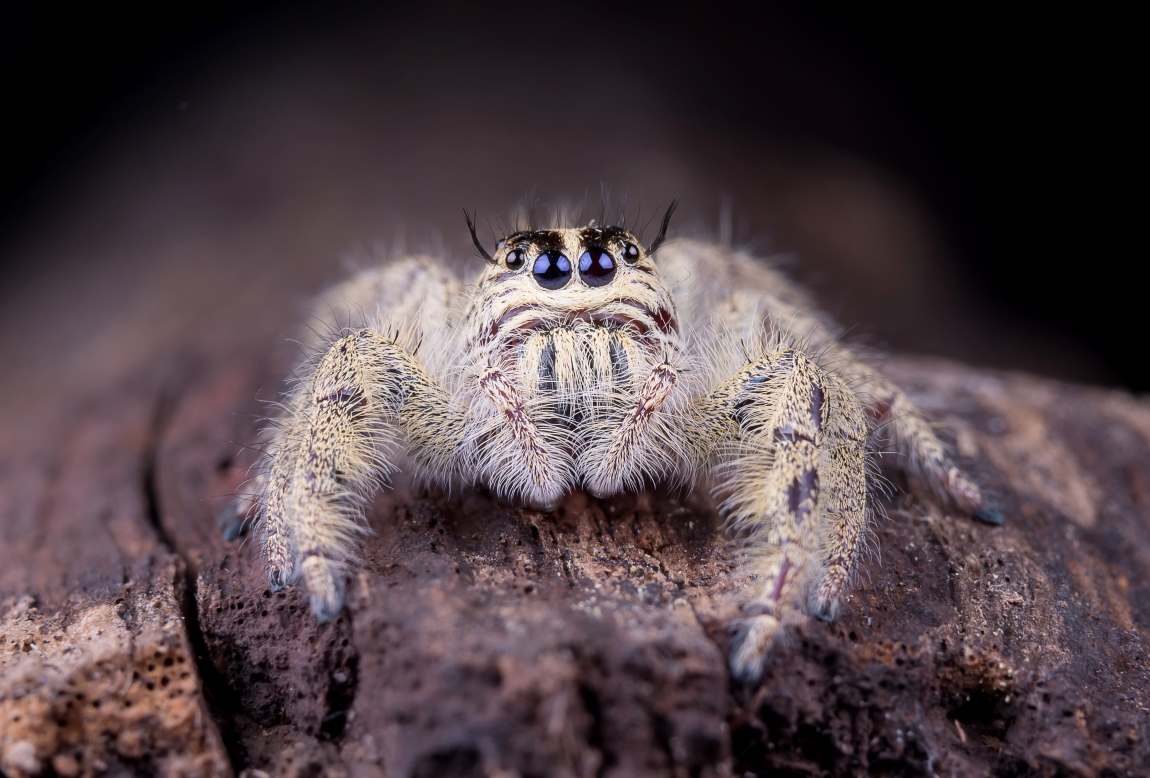Beijing, China | AFP – A Chinese scientist has named 16 new spider species after songs by popular “Mandopop” musician Jay Chou.
Mi Xiaoqi, a professor at Tongren University in China’s southwestern Guizhou province, listed the newly discovered arachnids in a paper published in the academic journal Zoological Research: Diversity and Conservation.
The paper, published in December, has gone viral since being discovered by netizens this year, with a related hashtag on microblogging platform Weibo racking up over 26 million views since Wednesday.
Weibo users have since dubbed Mi, 44, the “Ultimate Fan”.
One of the arachnids — the 3.5-millimetre long Cyclosa xingqing sp. nov. or “Starry Mood spider” — is named after a hit love song from Chou’s debut album “Jay” released in 2000.
Others are named after similarly beloved tunes, including “Rainbow spider”, “Dragon Fist spider”, and “Excuse spider”.
Taiwan-born Chou, renowned for his dramatic romance ballads and pop beats, is one of the world’s most popular Mandarin-language artists having sold over 30 million records.
The 45-year-old has been a household name on the Chinese mainland and beyond for over two decades.
Now his songs will be immortalised as the names of the eight-legged critters that Mi and his colleagues recently discovered in China’s Yunnan province.
The Secret Code spider, a 2.36 millimetre yellowish brown web-weaving arachnid, is named after Chou’s 2002 love song featured on his acclaimed album “The Eight Dimensions”.
It’s unclear how the song, in which Chou croons “Don’t ever leave, you are missing the missing piece in my world,” relates to the spider.
Excuse spider, a fuzzy brown and white critter, shares its name with a track from Chou’s 2004 album “Common Jasmine Orange”, the best-selling physical album in China this century according to Guinness World Records.
Mi, who published the paper with fellow researchers Wang Cheng and Li Shuqiang, has been a Jay Chou fan since his undergraduate days, according to state media outlet Xinhua.
“Naming spiders after Jay Chou’s songs brings scientific research closer to the public. I hope more people will pay attention to scientific research and support ecological protection,” he told Xinhua.
This is not the first time Chou’s name has been used for scientific discoveries. In 2011, astronomers in Taiwan named an asteroid after the singer.
Journal Reference:
Xiao-Qi Mi, Cheng Wang, Shu-Qiang Li, ‘Description of six new genera and twenty species of the orb-weaver spider family Araneidae (Araneae, Araneoidea) from Xishuangbanna, Yunnan, China’, Zoological Research: Diversity and Conservation 1 (4): 290-341 (2024). DOI: 10.24272/j.issn.2097-3772.2024.023
Source: AFP
Featured image credit: jcomp | Freepik




